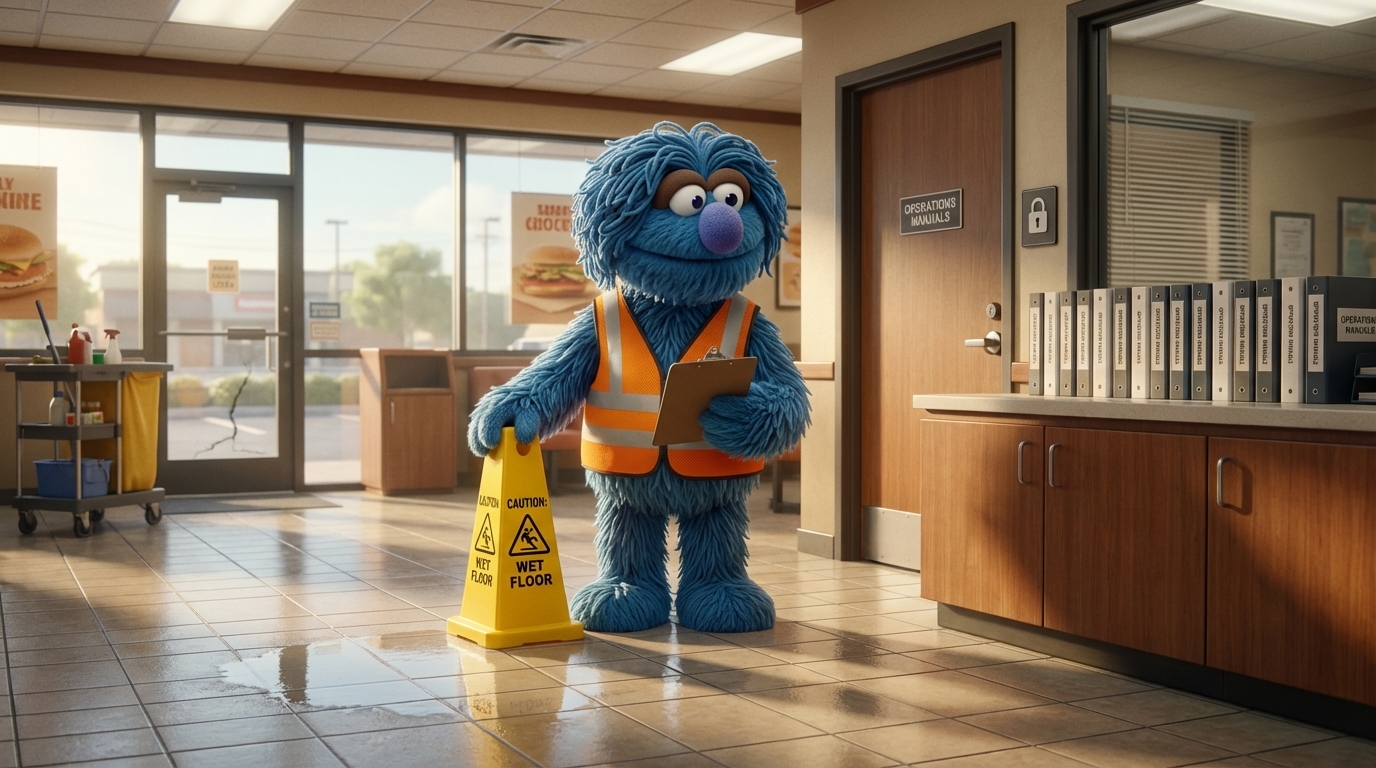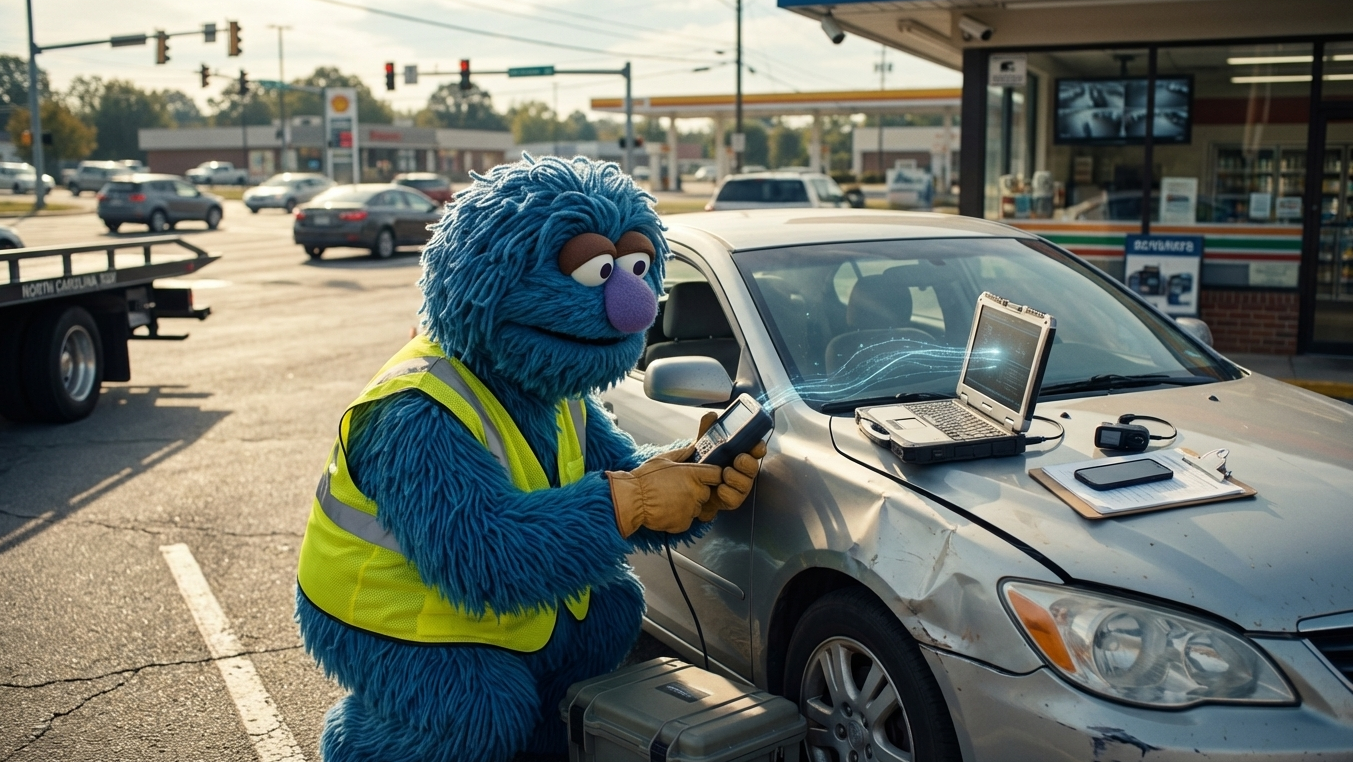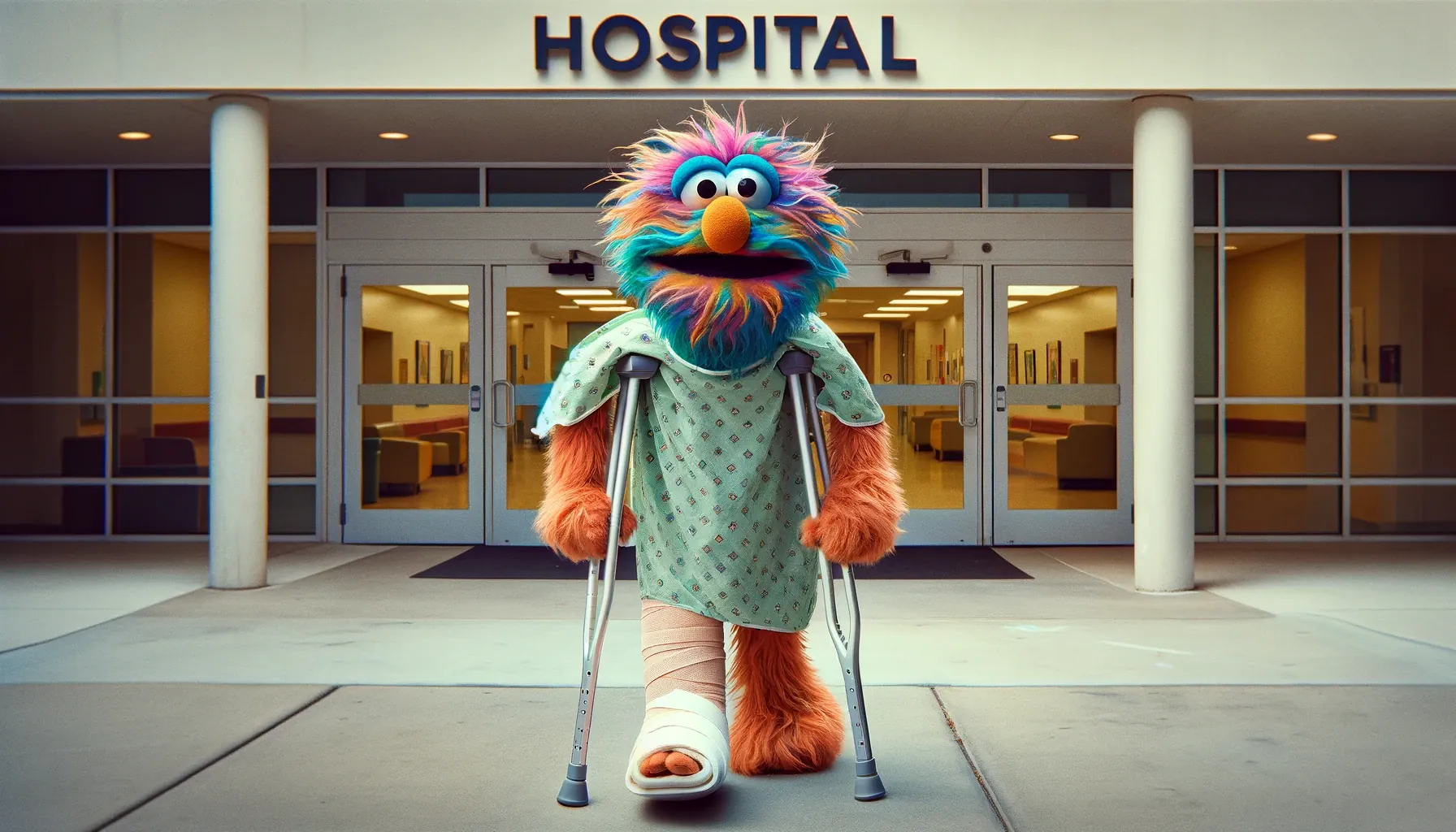Buckle Up: Navigating North Carolina State Health Plan Liens
Picture this: You’re cruising down I-40, minding your own business, when suddenly—BAM! —some yahoo rear-ends you. Next thing you know, you’re in the hospital, racking up medical bills faster than a teenager with their first credit card. But hey, you’re a state employee with health care coverage through the North Carolina State Health Plan (NCSHP), so no worries, right? Well, not so fast. Let’s talk about a little thing called liens, and why they might just put the brakes on your settlement expectations.
What’s a Lien, and Why Should You Care?
First things first: what is a lien? Simply put, it’s the state’s way of saying, “Hey, we fronted the cash for your medical bills, and now we’d like some of that money back, please and thank you.” It’s not a lawsuit against you (although it can become one), but it is a legal claim on any settlement you might get from the knucklehead who hit you.
Here’s how it works: Let’s say you end up with $10,000 in medical bills from your stay at Wake Forest Baptist Medical Center. The North Carolina State Health Plan covers it, and you breathe a sigh of relief. But here is the catch, the state now has a $10,000 lien on any settlement you receive.
The NCSHP Lien: Not Just a Suggestion
Now, you might be thinking, “Can’t I just ignore this lien thing?” Short answer: kind of.
If you are not interested in pursuing a claim for your injuries from the car accident, then yes, you can walk away, let the State pay your bill and move on. However, if you want to assert a claim for the injuries you suffered in the car accident, then you have to deal with the lien. Period. The state has a legal right to recoup their costs, and they’re not shy about exercising it.
But don’t panic just yet. In most cases, the state isn’t out to leave you high and dry. They’ll often work with you to ensure you still end up with a fair shake.
When the Rubber Meets the Road: Settling Your Case
So, let’s say that you’ve gone through the whole song and dance of filing a lawsuit against the driver who hit you (maybe you hired an excellent catastrophic injury lawyer who has been recognized by North Carolina Lawyers Weekly, North Carolina Advocates for Justice, and North Carolina super lawyers . . . ) You’ve given depositions, gathered evidence, maybe even prepared for trial. Then, miracle of miracles, the other side offers a settlement. Time to break out the champagne, right?
Not so fast. The state’s lien we talked about? It’s about to become very relevant. Let’s say you settle for $50,000. Before you start planning how to spend all that cash, you need to factor in the NCSHP lien. If they paid $10,000 for your medical bills, that’s coming right off the top of your settlement.
Negotiating the Curves: Working with the NCSHP
Now, here’s where having a savvy attorney in your corner can really pay off. Sometimes, there’s room to negotiate with the NCSHP. Maybe they’ll agree to reduce their lien amount, especially if your settlement doesn’t fully cover your damages. It’s not a guarantee, but it’s worth a shot.
The Road Ahead: Protecting Your Interests
If you find yourself in this situation, don’t try to navigate these twisty legal roads on your own. It’s like trying to drive through the Blue Ridge Mountains blindfolded—you’re bound to end up off the side of the mountain. Get yourself an experienced personal injury attorney who knows the ins and outs of NCSHP liens.
They can help you understand your rights, negotiate with the state, and make sure you’re not left holding the bag when all is said and done. Remember, the goal is to get you back on your feet (and back on the road) with as much of your settlement intact as possible.
Wrapping It Up
At the end of the day, NCSHP liens are just another pothole on the road to recovery after an accident. They’re not fun, they can be a pain to deal with, but with the right help, you can navigate them successfully.
Is there something we can help you with?
Fill out this form and we’ll reach out quickly to learn more about your situation. We’ll never pressure you. We’re just here to help you understand your rights. Keep in mind, we aren't your lawyers yet—so don't tell us anything that you would not want the other side to know!
The Eggshell Plaintiff: How North Carolina Law Protects You if a Car Accident Worsens a Pre-Existing Condition

Crossing the Center Line: Navigating Liability and Recovery After a Head-On Collision in North Carolina

The Hidden Financial Costs of a Serious Injury in North Carolina: What Your Personal Injury Claim Can Cover

Injured at a Chain Restaurant in North Carolina? Who’s Liable—Franchisee, Franchisor, or Both?

How Digital Evidence Can Make or Break Your North Carolina Personal Injury Case

Wrongful Death vs. Survival Actions in North Carolina: A Clear Guide for Grieving Families

Injured with a Preexisting Condition? How North Carolina’s Eggshell Plaintiff Rule Protects Your Personal Injury Claim

Health Insurance Liens Simplified

What to Do If You Think Your Doctor Has Made a Mistake

What Does it Mean to Hire a Lawyer On a Contingency Fee?

